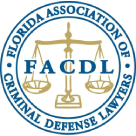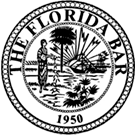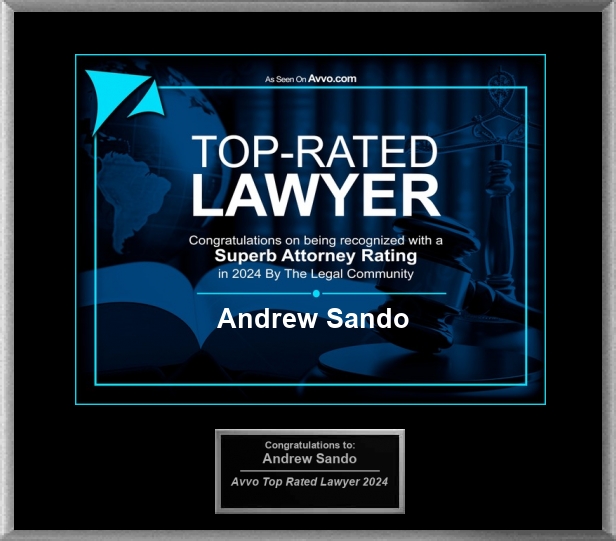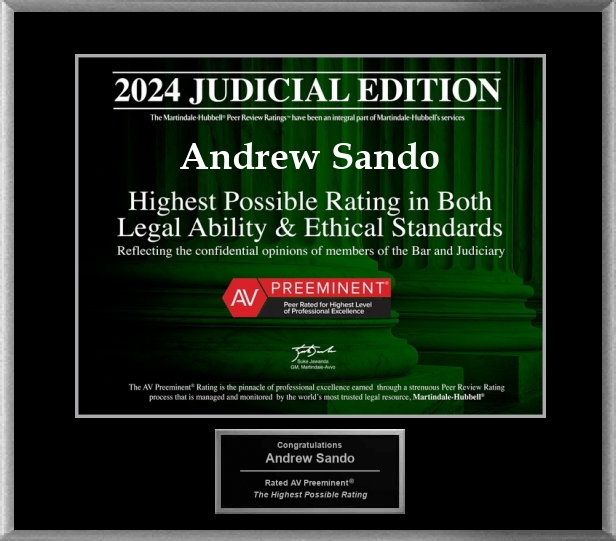In 2020, California had the highest number of motorcycle registrations—785,424, followed by 620,077 in Florida. This makes sense when you factor in the weather conditions, modern highways, and stunning scenic rides that make both optimum places to own and operate a motorcycle. Some Floridians like to plan outings and ride with club members; others prefer solo journeys.
However you like to ride, you are required to abide by the state’s restrictions and endorsements for motorcycles. Motorcyclists are more vulnerable to injury or death in a collision so the state has taken precautions to make sure anyone using one of these vehicles has extra safety training, including defensive driving awareness. Studies have shown that those who have completed an authorized Florida Rider Training Program have lower accident injury and fatality rates.
What are the restrictions and endorsements for motorcycles in Florida?
All Florida residents who want to operate a motorcycle must obtain a driver’s license with a motorcycle endorsement that authorizes them to do so. A regular driver’s license without an endorsement is not sufficient. Alternatively, you can drive a motorcycle if you have a Motorcycle Only license.
Motorcycle restrictions and endorsements include the following:
- Required for all two- or three-wheeled motorcycles with an engine capacity of 50cc or greater
- You must be 16 years old to legally operate a motorcycle, moped, motorized scooter, or electric helper-motor bicycle
- You must have a valid Class E driver’s license
- Riders must complete a Motorcycle Safety Foundation course with an authorized Florida Rider Training Program
- Upon completion of the course, you must obtain your motorcycle within one year, or it will be considered invalid
- Present proof of your endorsement at a driver’s license or tax collector office and pay the required fee to be issued a Class E license that includes the motorcycle endorsement
Florida has a reciprocal motorcycle endorsement policy that allows motorcyclists from other states to use our roads and highways if they have endorsements from their respective states. The only exception applies to riders from Alabama, who must have x Motorcycle Safety Foundation Basic Rider Course card attached to their Alabama driver’s license with a motorcycle endorsement.
What are the penalties for an endorsement violation?
If the Florida Highway Patrol stops your motorcycle on a roadway and discovers you do not have the appropriate endorsement, you could be facing some stiff penalties. Improper license infractions can be charged as a second-degree misdemeanor and are subject to the following penalties:
- Six months probation, or
- 60 days in jail
- $500 fine
In addition, if you are discovered to be riding a motorcycle without a valid endorsement on your license, the highway patrol will impound your vehicle.
How can a skilled endorsement violations attorney help you?
There are cases where charges for failing to have a motorcycle endorsement can be dismissed. Generally, an endorsement violation attorney can negotiate a deal if you agree to successfully complete an authorized Basic Rider Course and then follow through to obtain the proper legal endorsement. This is more likely to happen if it is your first offense.
Sando Law, P.A., encourages our clients who are motorcyclists to be prepared for the challenges that come with this type of driving—and to follow required license and insurance mandates. If you are facing a violation charge, don’t hesitate to call us to discuss the next moves you should take at 561-296-1665 or toll-free at 833-SANDO-4U. We offer a free case review.
















